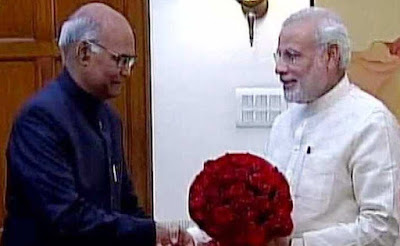Indian polity 100 MCQ's . It's definitely useful for upcoming exams.
Click to download ------>Karpathu IAS
 |
| Polity MCQ's |
Click to download ------>Karpathu IAS
Simply you can learn IAS (UPSC) via Our 'TAMIL' language. மொழியால் IAS ஆவது தள்ளி போகக்கூடாது , தமிழா உன்னால் முடியும் . மத்திய தேர்வாணையம் ஒன்றும் மலைப்பான விஷயம் அல்ல.
 |
| Polity MCQ's |
Butler Committee
|
Relation between Indian states & paramount power
|
Hurtog Committee
|
Growth of British India education -its effects
|
Muddiman Committee
|
Working of Diarchy as in Montague Chelmsford reforms
|
Malhotra Committee
|
Insurance Reforms
|
Janaki Ram Committee
|
Security Scam
|
Ajay Vikram Singh Committee
|
Faster promotions in Army
|
Rajinder Sachar Committee 1
|
Companies and MRPT Act
|
Rajindar Sachar Committee 2
|
Report on the social, economic and educational status of the Muslims of India.
|
Jyoti Basu Committee
|
Report on Octroi abolition.
|
Balwant Rai Mehta Committee
|
Recommendations on decentralization system
|
Chelliah Committee
|
Eradicating black money
|
Wanchoo Committee
|
Tax enquiry
|
Bhanu Pratap Singh Committee
|
Agriculture
|
Agarwal Committee
|
Nepotism in granting petrol pump, LPG connections
|
Rangarajan Committee
|
Reforms in private sector
|
Naresh Chandra Committee
|
Corporate governance
|
Chakravarti Committee
|
Banking sector reforms
|
Rekhi Committee
|
Structure of indirect taxation
|
G.V.Ramakrishna Committee
|
Disinvestment in PSU shares
|
P.C.Hotha Committee
|
Restructuring of civil services
|
Justice B.N.Kirpal Committee
|
1st chairman National Forest Commission
|
Godbole Committee
|
Enron Power Project
|
J.C.Kumarappa Committee
|
Congress agrarian Reforms Committee
|
Swaminathan Committee
|
Population policy
|
Rangaraju Committee
|
Statistics
|
Wardha Committee
|
Inquiry on murder of Graham Staines
|
Vohra Committee
|
Criminalization of politics
|
Kelkar Committee 2
|
Direct - Indirect Taxes
|
Alagh Committee
|
Civil Service Examinations
|
Abid Hussain Committee
|
Recommendations on Small scale industries
|
Narasimham Committee
|
Banking sector reforms
|
Chelliah Committee
|
Tax reforms
|
Mashelkar Committee
|
National Auto Fuel Policy
|
Boothalingam Committee
|
Recommendations on integrated wages, income and price policy.
|
Omkar Goswami Committee
|
Industrial sickness
|
Yashpal Committee
|
Review of School Education system
|
Ram Nandan Prasad Committee
|
Constitution of creamy layers among Backward Castes.
|
Kelkar Committee 3
|
Enquiry on Kargil defense deals.
|
Saharya Committee
|
Tehelka tapes
|
 |
| Mobile Phone OS |
 |
| President of India |
நால்வகை புலவர்கள் · கவிபாடும் திறமைக்கு ஏற்ப புலவர்களை நான்கு வகையாக பிரிப்பர் . அவை , · ஆசுகவி · மது...
